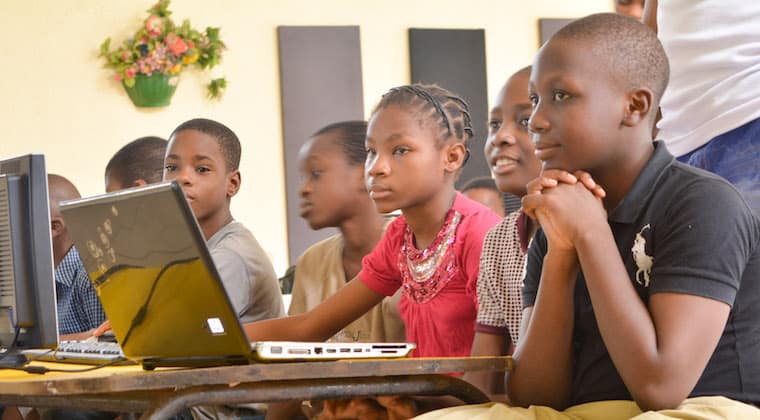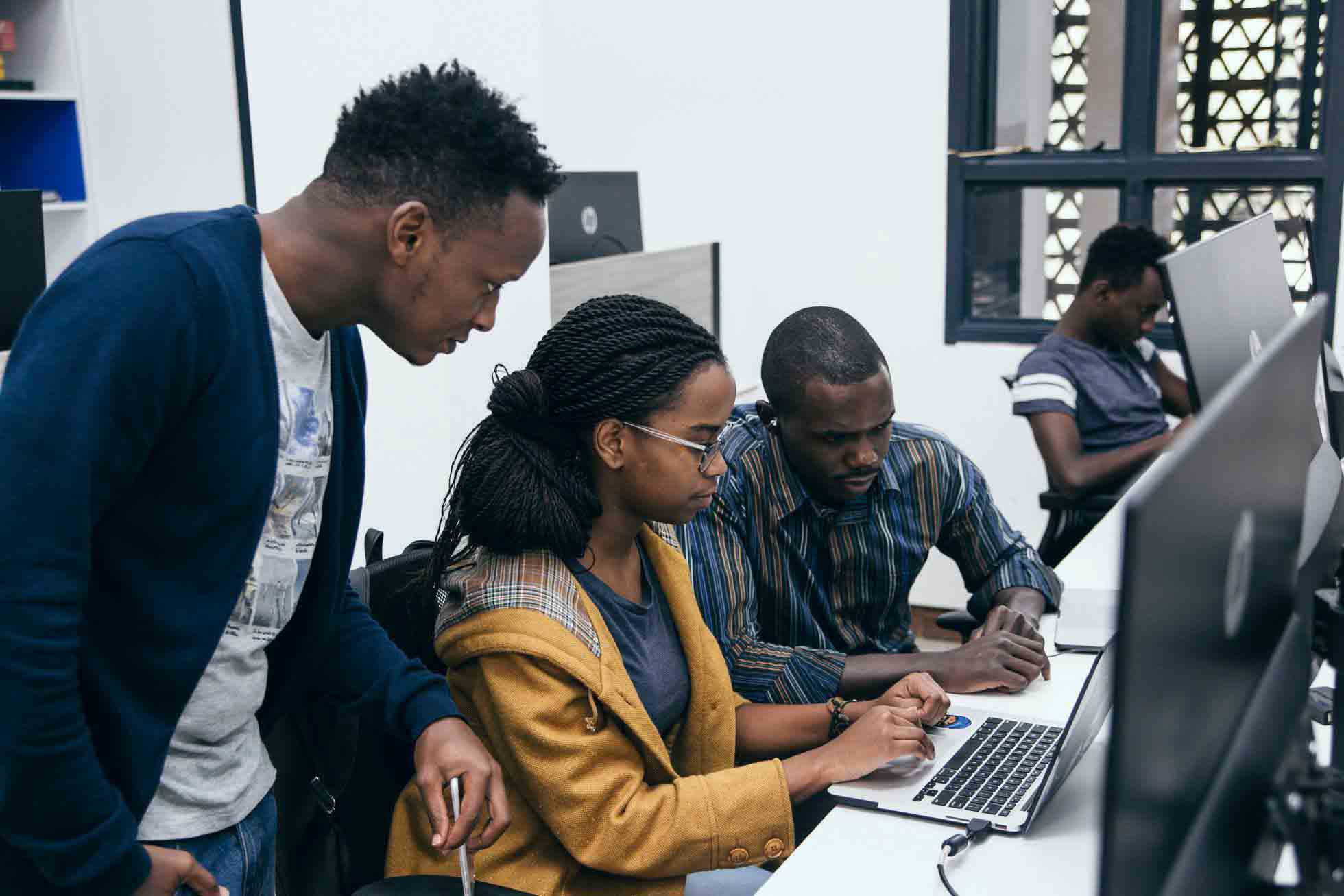Python For Kids

Python for Kids” is a captivating and interactive introductory Course designed to teach young minds the wonders of programming with Python. Geared towards children between the ages of 10 and 15, this delightful learning resource presents complex programming concepts in a fun and accessible manner.
Through vibrant illustrations, engaging exercises, and hands-on projects, “Python for Kids” makes the learning journey exciting and enjoyable. The book gently introduces kids to the basic principles of coding, from understanding variables and loops to creating functions and simple algorithms.
With a focus on real-life applications and practical examples, “Python for Kids” encourages children to explore their creativity by building fun games, interactive stories, and interactive projects. The learning approach is designed to foster problem-solving skills and critical thinking, nurturing the young minds to become future innovators and tech-savvy individuals.
Even kids with no prior programming experience will find themselves comfortably navigating the world of Python, thanks to the Course clear explanations and gradual learning curve. As they progress, young readers gain confidence in their abilities and develop a solid foundation in coding, preparing them for more advanced programming challenges as they grow older.
“Python for Kids” is not just a Course; it is an invitation to a fascinating adventure in the realm of technology and computer science. Whether your child dreams of becoming a programmer or simply seeks a creative outlet, this Course is the perfect stepping stone to unlock the magic of Python and the world of coding. Let the coding journey begin!
The primary objective of the “Python for Kids” course is to introduce children between the ages of 10 and 14 to the fundamentals of programming using the Python language. By the end of the course, students will be able to:
- Understand the basic principles of programming, including variables, data types, and control structures like loops and conditionals.
- Write and run Python code to solve simple problems and perform basic tasks.
- Create and use functions to break down complex tasks into smaller, manageable parts.
- Develop problem-solving skills and logical thinking by tackling coding challenges and exercises.
- Apply their knowledge of Python to build interactive programs, games, and simple applications.
- Cultivate creativity by developing interactive stories and engaging projects using Python’s features.
- Gain familiarity with Python’s libraries and modules, enabling them to explore further possibilities in the future.
- Recognize the significance of computational thinking and its application in various real-life scenarios.
- Develop confidence in their coding abilities and foster a positive attitude towards technology and computer science.
- Be well-prepared for future programming endeavors and continue exploring more advanced coding concepts.
Throughout the course, students will engage in hands-on activities, interactive lessons, and collaborative projects that make learning Python a fun and enjoyable experience. By the end of the “Python for Kids” course, participants will have a solid foundation in programming and will be equipped with the skills and mindset necessary to embrace the world of technology with curiosity and creativity.
First Month
Module 1: Introduction to Python
What is Programming & Coding
What is Python?
Setting up the programming environment
The Python interpreter and running Python code
Printing and basic output
Module 2: Variables and Data Types
-Understanding variables and their use
-Different data types (strings, integers, floats, etc.)
-Manipulating and storing data with variables
-Build Mini-project (challenges)
Module 3: Conditional Statements
– Introducing conditional statements (if, elif, else)
– Making decisions with conditions
– Logical operators (and, or, not)
– Build Mini-project (challenges)
Module 4: Strings and Text Processing
– Manipulating strings and text
– String methods and operations
– String formatting and concatenation
Calculating String
– Build Mini-project (challenges)
Module 5: Math
-Manipulating integers and floating points
– Import the Math Function
– Math methods and operations
– Build Mini-project (challenges)
Module 6: Loops and Iterations
-Introduction to loops (for and while loops)
Loop control statements (break and continue)
– Creating repetitive tasks and patterns
-Build Mini-project (challenges)
Module 7: Lists and Dictionaries
– Working with lists to store multiple values
– Accessing and modifying list elements
– Understanding dictionaries and key-value pairs
– Build Mini-Projects (Challenges)
Second Month
Module 8: Functions and Modules
– Defining and using functions
– The role of functions in organizing code
– Using built-in and external modules
– Build Mini-Projects (Challenges)
Module 9: File Handling
– Reading and writing data to files
– Understanding file modes (read, write, append)
– Processing data from external files
– Build Mini-Projects (Challenges)
Module 10: Introduction to Object-Oriented Programming (OOP)
– Understanding OOP concepts (classes and objects)
– Creating and using classes
Encapsulation, inheritance, and polymorphism (in kid-friendly terms)
– Build Mini-Projects (Challenges)
Module 11: Building Fun Projects
– Creating simple games like “Guess the Number” or “Rock, Paper, Scissors”
– Developing interactive stories with user input
– Combining concepts learned throughout the course into exciting projects
Module 12: Final Project
– Students work on a more complex and creative project using Python
– Encourage student to explore their interests and build something they are passionate about
2 hours / Session
3 Session / Week
1 Month ( Beginner )
2 Months ( Intermediate )
3 Months ( Advanced )
A month: N50,000
2 months: N100,000
3 months: N150,000
Online Classes: In View
1. Your ward is expected to have a stable Computer laptop of minimum RAM (random access memory) of 4gb and an operating system of 32bit/ 64bit (windows 7,8 or 10).
2. Your ward should be able to read and understand English Language.

Are you confused on how to begin your tech Journey ?
Why feel confused about how or when to begin your tech career path, Hezatech has your interest at heart. Speak to our well trained Career advisors, and see if you would ever regret it.

